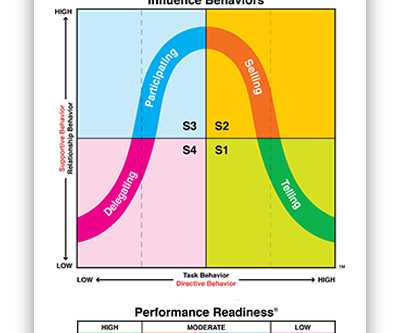Mastering your Inner Game of Leadership
Great Leadership By Dan
AUGUST 6, 2020
Even Moses had a reputation as a micromanager who couldn’t give up control or delegate; his father-in-law Jethro telling him “This thing you are doing is not good – you will surely wear away you and those who are with you”. Rather, they possessed a unique motivational profile - a very pronounced need for power or influence.
























Let's personalize your content